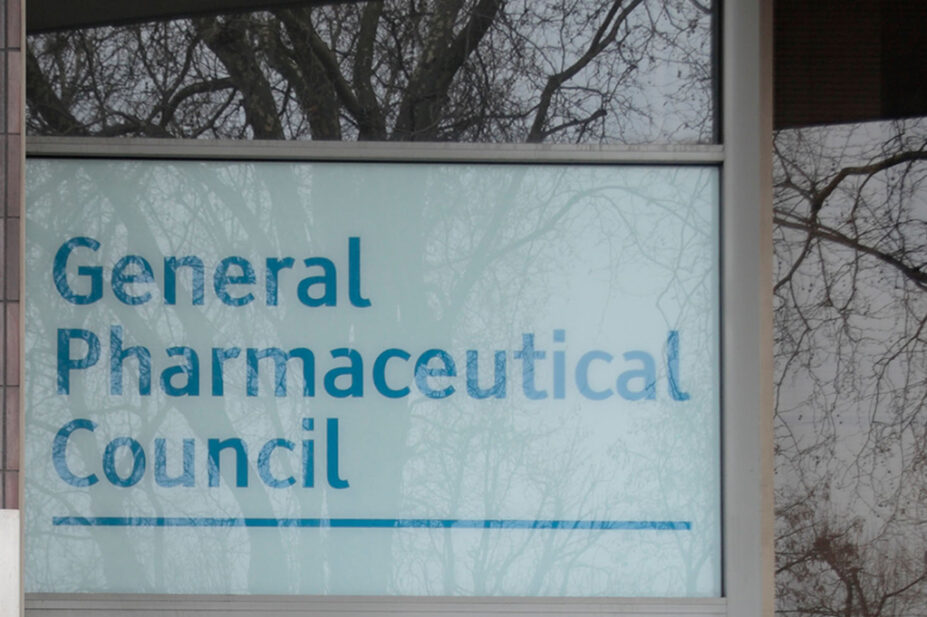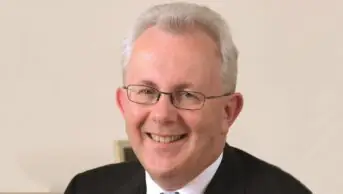
Maurice Savage / Alamy Stock Photo
The pharmacy regulator should consider the possibility of reduced annual registration fees for certain cohorts of pharmacists, the Royal Pharmaceutical Society (RPS) has said in response to a General Pharmaceutical Council (GPhC) consultation.
The RPS also noted that the regulator’s proposed fee increase of 6% is above the current rate of inflation and that the “difficult current financial situation” many pharmacists are experiencing means that “any increase must be minimised”.
The RPS made its suggestion in its response to the GPhC consultation on draft changes to fees, in which the regulator proposes a 6% increase in annual registration fees from September 2025.
This would bring pharmacist registration fees to £293 — an increase of £17 from the current fee.
Under the proposals, pharmacy premises renewal fees would also rise by £24 to £416, while pharmacy technician fees would increase by £8 to £138.
The proposals also include a further 6% increase from September 2026 to £310 for pharmacist registration fees, £146 for technicians and £441 for pharmacy premises.
The consultation response said: “The registration fee is not equitable for those who are currently registered but not practising, such as those who are undertaking maternity or paternity leave.
“The GPhC is out of step with other regulators, such as the General Medical Council, who have allowances and discounts for these circumstances. The GPhC should consider their approach to registration for these professionals, with a consideration to how these registrants could be supported and the feasibility of reduced fees during such time that they are not practising.”
The RPS highlighted its own fees model as an example, which offers reduced fees for members not actively practising, such as those on parental leave or with a long-term illness, and for newly qualified pharmacists.
The response added: “We welcome some of the efforts made by the GPhC to reduce their cost base and understand the challenges faced by the GPhC, alongside many organisations, balancing increased operational costs outside of the control of the organisation.”
In a statement published in January 2025, when the consultation opened, Paul Bennett, chief executive of the RPS, said: “We remain concerned about the significant increase proposed, which is well above the current rate of inflation of 2.5%.”
A spokesperson for the Pharmacists’ Defence Association (PDA) said the organisation was still finalising its response.
“In general, the results of a PDA survey of members demonstrate a strong rejection of the proposals to increase fees once again for individual pharmacists,” they added.


